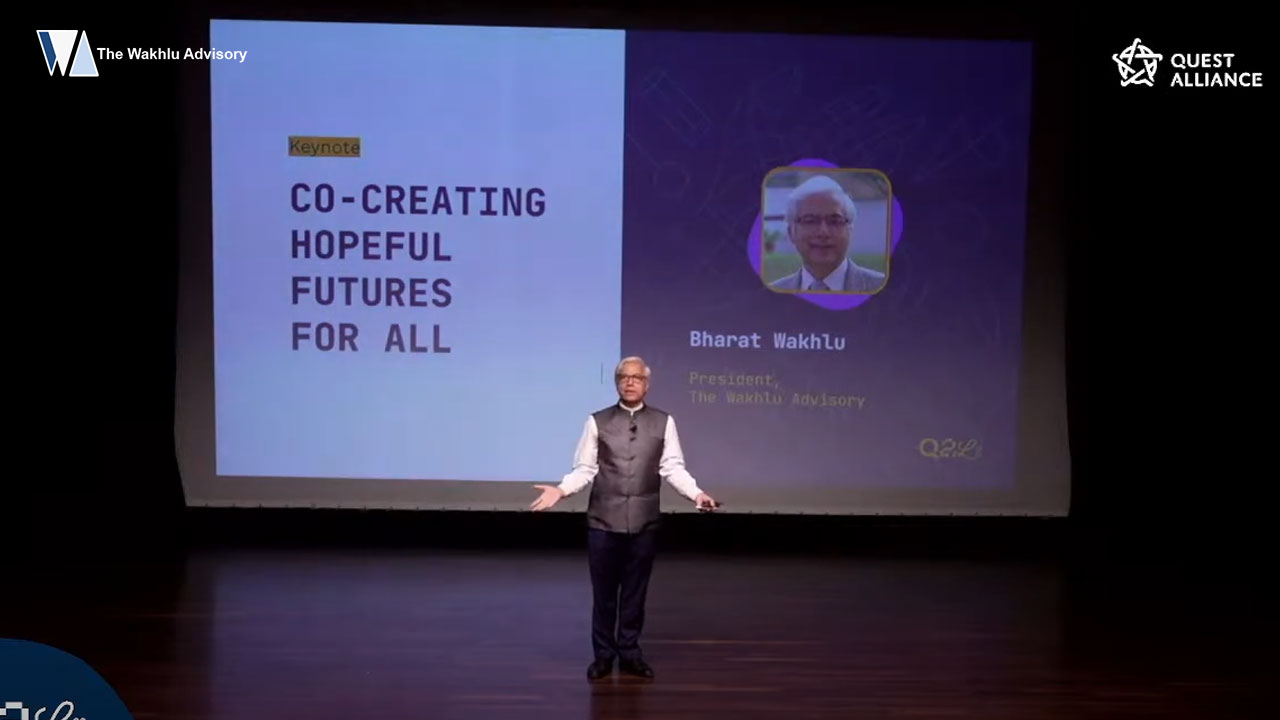The Seven Pillars of Gender Equality and Diversity (GED) Masterplan
This is not just another article written for International Women’s Day on having more gender equality and diversity in the corporate sector or other business and government organizations. This article aims at providing every human being with a set of essential practices and procedures that would induce and mobilize all human societies to demonstrate greater gender equality in all spheres; and hence, encourage greater diversity everywhere.
Why am I connecting the concept of gender equality with that of diversity? It is my view that many of the ancient prejudices and age-old ideas about the roles and capabilities of women (or even other genders) – dating back to a time when technology had not dramatically improved our lives – are some of the reasons why gender diversity is not yet widespread. Today, despite the fact that technological advances have even freedmen from any significant “heavy lifting” work, discrimination, arising from prejudice and chauvinism, is rampant.
Even in the most developed economies in the world (such as Denmark, Iceland, France, Finland, UK, USA, Norway, Spain among others) women are not proportionately represented in positions of authority and leadership; and despite exhortations and regulations – such as board quotas and the like – and goading organizations to do more, the numbers are only gradually creeping upwards.
In the results of a global survey of almost 22000 firms from 91 countries released by the Peterson Institute of International Economics in Washington, DC in 2016, data demonstrated what we all intuitively know: that women do not participate in the global economy to the extent that men do. Sixty percent (60%) of the surveyed firms had no female board members, about fifty-one percent (51%) had no women in the C-levels of upper management, and only under five percent (<5%) had woman CEOs. The study further showed that while the presence of women in corporate leadership positions had a significant positive impact on a firm’s performance, this metric alone was not often sufficient to motivate companies to hire or promote more women into senior levels. An earlier 2015 study by the McKinsey Global Institute showed that if women had complete gender parity with men, global economic output would go up further by at least 25%. Womenomics, as the Japanese like to call this positive correlation, based on some hard numbers that should be music to businesses.
Why are women not as widely represented in roles where it is known that they are smarts, the competencies and – thanks to technology, even the means – to be as good as anyone? The answer lies in the fundamental prejudices that underlie all interactions that women have since they are children. The extent to which societies and familial or tribal customs differ from one region to another might outwardly seem significant. However, even in this day and age, the underlying messaging towards women have predominantly been the kind that subdues, rather than empowers them. It is in this context that we need to look at gender equality and gender diversity together.
The Seven Pillars of Gender Equality and Diversity (GED) Master Plan
The GED Master Plan comprises a set of seven (07) policies, mental attitudes, and practices that all communities, families, organizations, and individuals (both men and women) can adopt in order to make a significant difference in both gender equality and diversity in all areas of governance and work. While the master plan consists of the same foundational ‘GED-factors’ their adoption and implementation across the board, would be slightly different depending on whether an individual, a family, an organization or a community are adopting the factors.
Here are the seven GED-factors that all of us – in every sphere – need to embrace and adopt wholeheartedly.
Intention and Clarity
Whether we are dealing with organizations, communities, families or individuals, there is an urgent need for all of us to articulate and communicate that we stand for the creation of life-affirming, non-violent spaces – in all spheres – that are all-inclusive and do not differentiate between genders. These spaces will characterize by an absence of guilt-inducing judgmental labeling, a display of gender-based power constructs and restrictions, or bad-mouthing. Such supportive spaces will also assure full and complete openness, expression and freedom for all. This is very essential to ensure that we create a happy, peaceful society, where everyone – irrespective of their gender – offers their unique gifts in a way that is most fulfilling and rewarding to them individually.
Voice and Visibility
Irrespective of gender, we will have to create adequate opportunities where each one of us can speak our minds, express ourselves and be visible to all, fearlessly. Visibility is not simply about not being veiled or told what to say or do, but in the context of social and other organizations, it is about being celebrated as an equal member of humanity capable of expressing experiences and ideas in their own, unique way. Nobody must ever feel pressured to conform for fear of retribution or the intense pressure to ‘play the traditional part’.
Leading-edge Work Paradigms
Technology is dramatically changing the way we work and live. We will all need to adopt those models of work that enable us to work freely, at any or all times of the day or night, without let or hindrance of any kind, as well as without discrimination based on gender. This would call for the inclusion of new technologies and processes that ensure the security and well-being of all, and which create productive, happy work-places. Furthermore, those who adopt new paradigms for work, and rely on productivity-enhancing technologies to deliver what expected of them, must not discriminate against in terms of their professional growth, rewards or recognition and promotions.
Learning and Development
We will need to have access to a continuous process of life-long learning, skill-enhancement and improving our proficiencies in areas of our choice and liking. The access should enable self-learning at one’s own pace, and in areas that are not restrictive or limited by prejudice or dogma. No learning should be confined to any gender on the basis of “historical” or “traditional” roles that genders may have been associated with.
Support
All of us, irrespective of our gender, need to have the support of others to do what we wish to. If as a woman I wish to have a child I should be able to bank on others (family, community, and work-organization) to get the support I need. As a man, I should be able to take time to support my child’s mother. Or if I’m a single or an LGBT parent, I should have support with the duties and demands of childbearing and child-rearing. Negative labels such as “B-flight” to describe women who quit work-positions to either have a baby or follow a transferred hubby, would also have to be discontinued.
Mentoring
All of us need guidance in life. This should be readily available as we endeavor to navigate the maze of our lives, and pursue well-being and happiness. Experienced people and wise elderly members of whichever group we might be in need to serve this important need.
Celebration of Differences
Life is beautiful the way it is. All of humanity is a part of life, and diverse forms of gender, race or apparent differences in the way we look, to celebrate. We all need to accept life’s abundant diversity rather than trying to “fit” something according to an erroneous image of “what’s right” in our heads!
Getting Started Now!
If you’re wondering how or where to start implementing the ‘GED Masterplan’ the answer is- start with yourself. Change and of your beliefs that prevent you from accepting and celebrating the enormously beautiful diversity of Life itself! Work from that space of acceptance and joy, to manifest the seven pillars – at home, in your community, and at work.
Good luck!



